Meet the people working tirelessly in Tijuana to bring sustenance, support, and hope to migrants
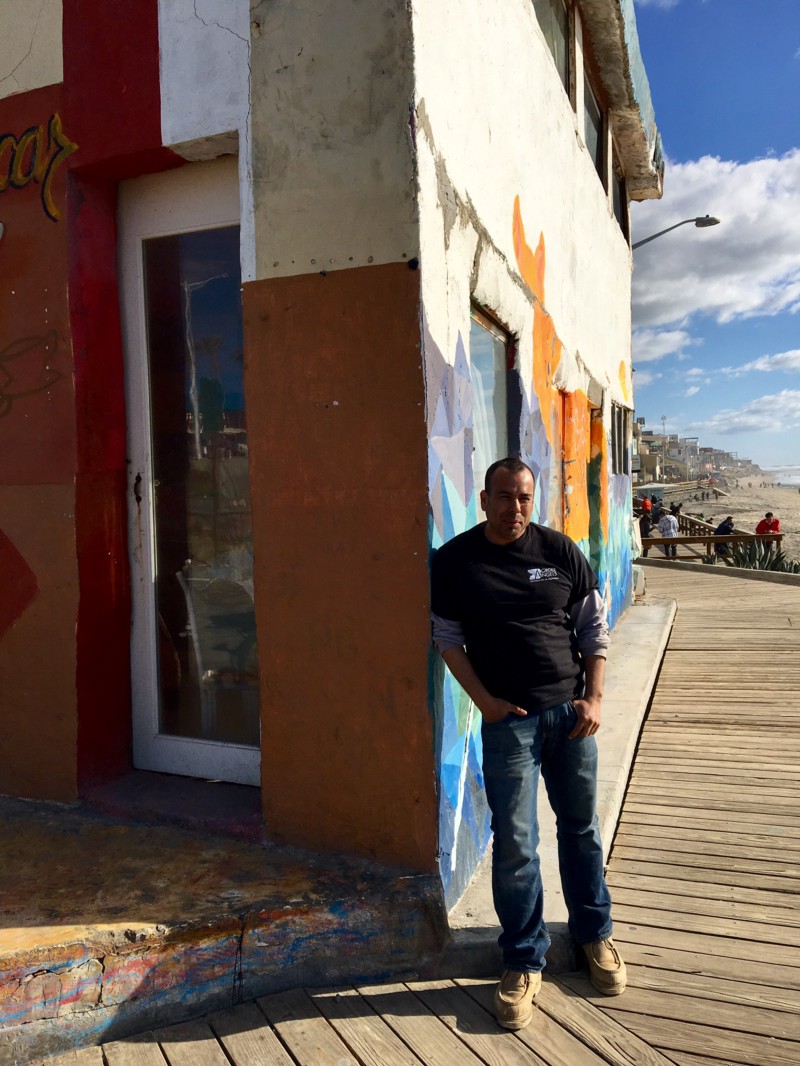
Two weeks ago, CIVIC staff member Jan Meslin and I visited Tijuana, Mexico, for a few days to visit migrant shelters and meet some of the people working to sustain them.
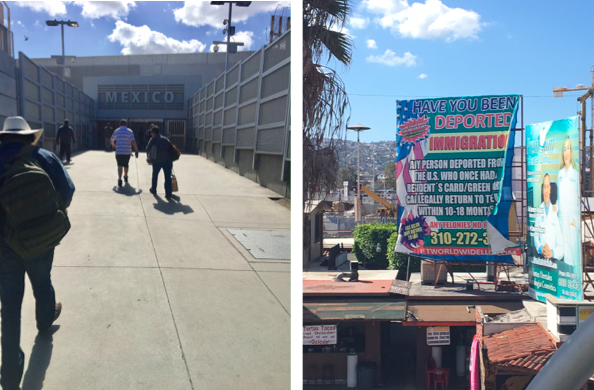
Border Angels
Deported migrants have scant resources available to them when they arrive in Tijuana. The humanitarian aid organization Border Angels reports that taxi companies frequently overcharge people picked up from the bus turnaround where deportations take place, often late at night. They also say that a trailer offering government services such as internet access for deported migrants is always closed. However, there exists a network of organizations and individuals working to ensure that migrants find their way to shelter and safety.
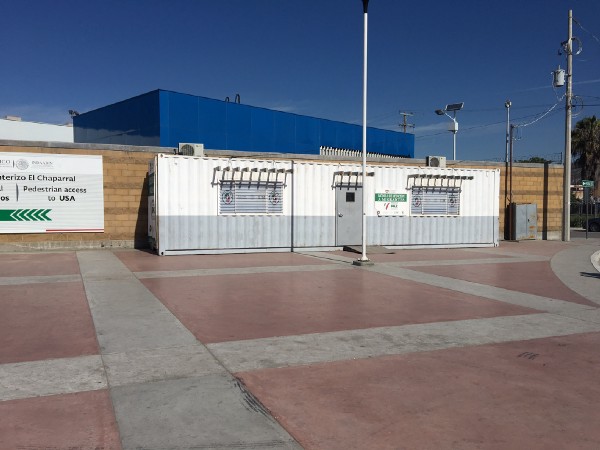
Our first stop was a storefront shared by Madres y Familias Deportades En Acción and Deported Veterans of America, a waystation for deported migrants and for disseminating food and clothing donations to shelters. The Facebook page for Madres says: “This is a grassroots effort to assist the migrants and deportees that are not being cared for by authorities and nonprofits.” Madres also refers people to support groups for migrant women and children.
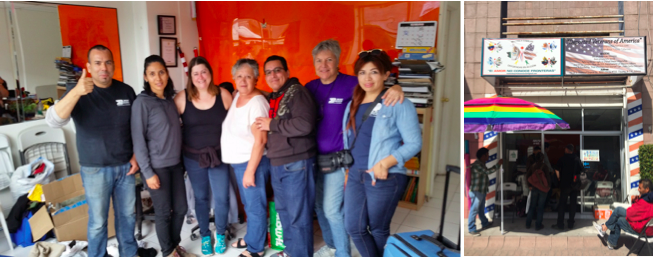
We first visited a community center run by Doña Yolanda. Before Haitian and African migrants began arriving in Tijuana in greater numbers last year, Yolanda’s community center provided meals for local school children in need. When an urgent need to house Haitians arose across the city, Yolanda added a second floor to her home to take them in. Now, she accommodates both groups. Refugee arrivals in Tijuana have been decreasing as Haitian deportations have resumed in the United States and as word spreads of the Trump administration’s intent to curb admissions. However, there are still around 30 Haitians living at Yolanda’s, stuck between a rock and a hard place — to attempt to enter the United States now as a refugee means almost certain detention and deportation, but there are very few work and housing options in Tijuana.
Many still dream of making it to the United States, and many families are broken by the border. We met a man named Joseph whose wife and baby made it through and are now at her mother’s in Florida, but he remains. We told him our opinion that he is better off in Mexico than in detention in the United States. Lawyers and advocates are working to spread the word about Trump’s new policies and discourage people like Joseph from attempting to come to the United States, but at the same time, who are we to crush people’s dreams?

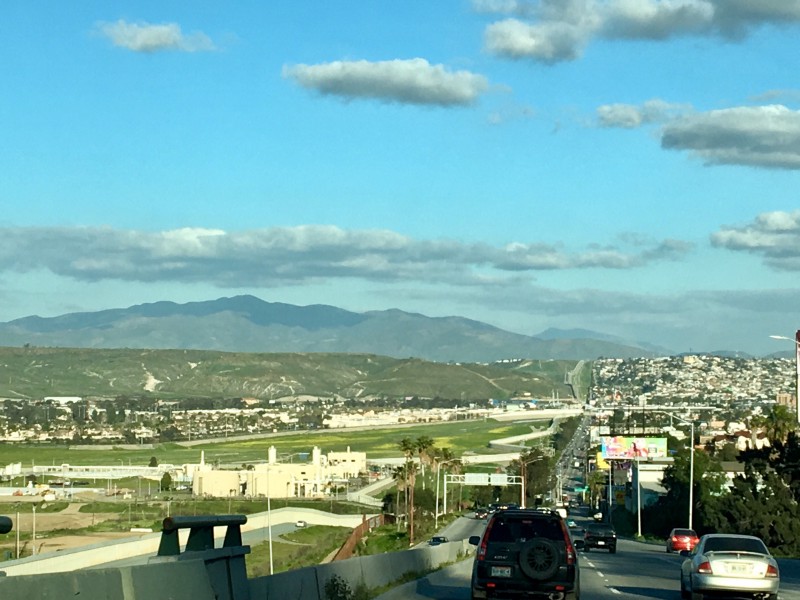
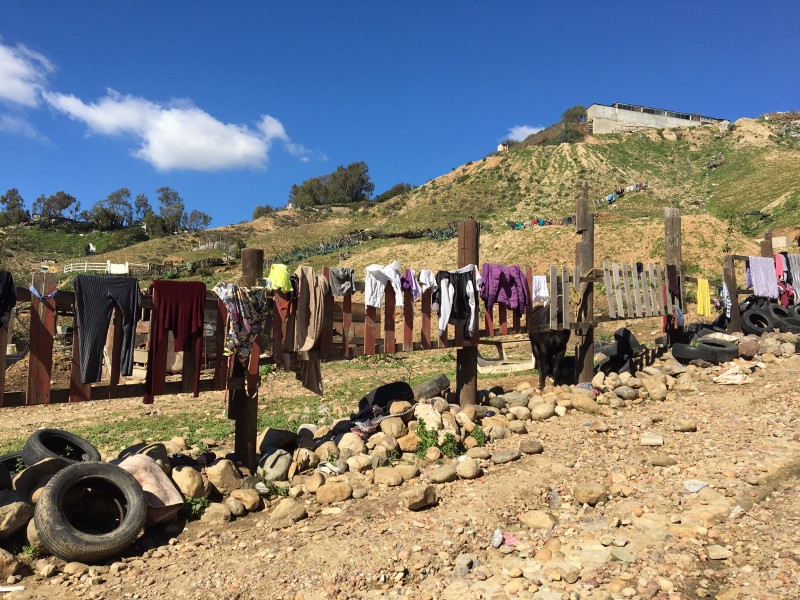
We also visited the Tijuana office of Nicole Ramos, a U.S. citizen and attorney. She works with a cross-border advocacy organization called Al Otro Lado that provides pro bono legal advice to refugees in Tijuana. Now, they are working to warn people about the inevitability, and hardships, of immigration detention. Nicole told us she also documents abuses by U.S. Customs and Border Patrol (CBP) agents, as they are now searching cars going into Mexico, and routinely tell asylum seekers from Mexico they are not allowed to apply for asylum. It is unlawful for CBP agents to operate as asylum adjudicators.

After visiting shelters for Haitian refugees heading towards the United States, we drove to Playas Tijuana to visit a shelter for deported migrants in the shadow of the border wall. Along the way, Hugo, a U.S. citizen who grew up in El Centro, California, told us that he sometimes works in the fields there. It would pay enough to live on with his wife Gaba Cortes and their baby along the free road to Rosarito. But, he prefers working and volunteering for Border Angels for half the income, “as long as I can help people.”

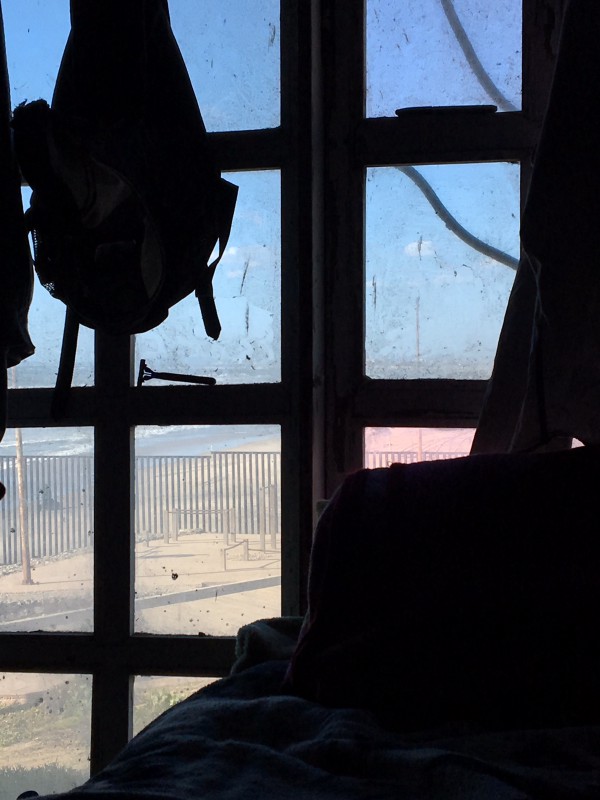
This beachfront location in the northwest corner of Latin America is the stuff of dreams, or nightmares. Most men staying here suffer from PTSD and have other medical needs, and many have been deported just days or weeks ago. We entered and spoke with the men, taking photographs with permission. Hugo told us the owner of the building was offered half a million dollars for the location. She declined, wishing it to continue being used to help migrants. Hugo outlined his vision to us, already underway — he is renovating the shelter to become a self-sufficient co-op and café for the public. Hugo’s wife Gaba, a filmmaker and artivist, is documenting the progress on her Facebook page.
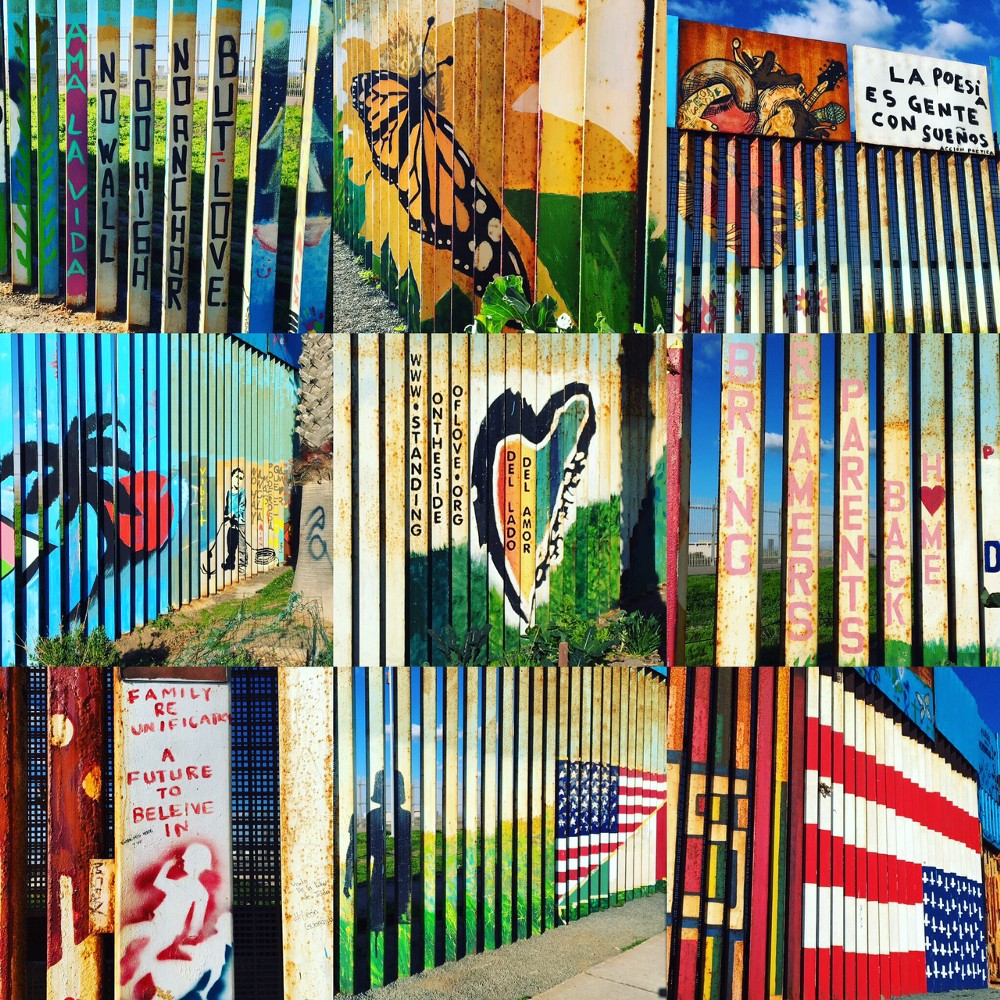
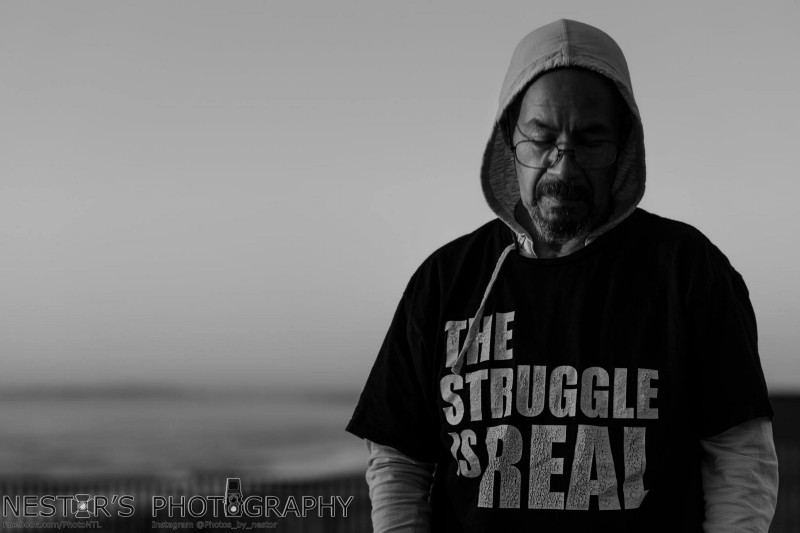
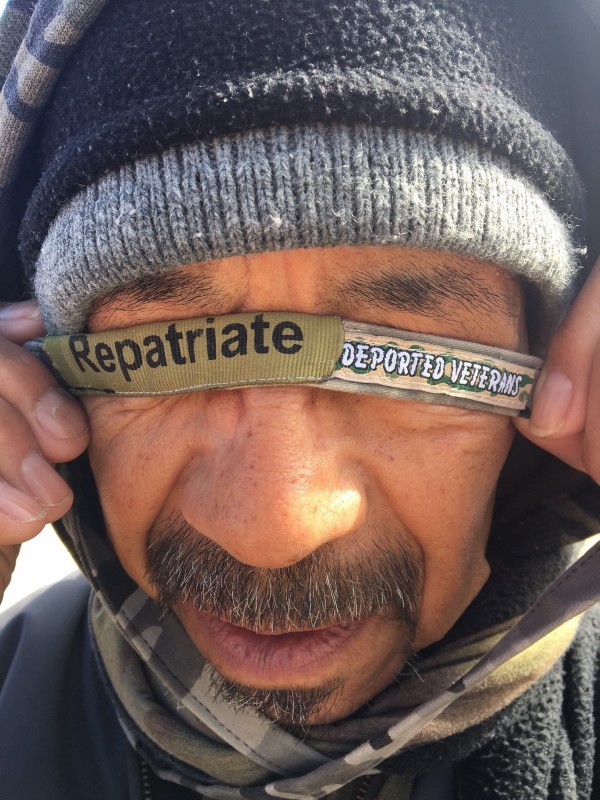
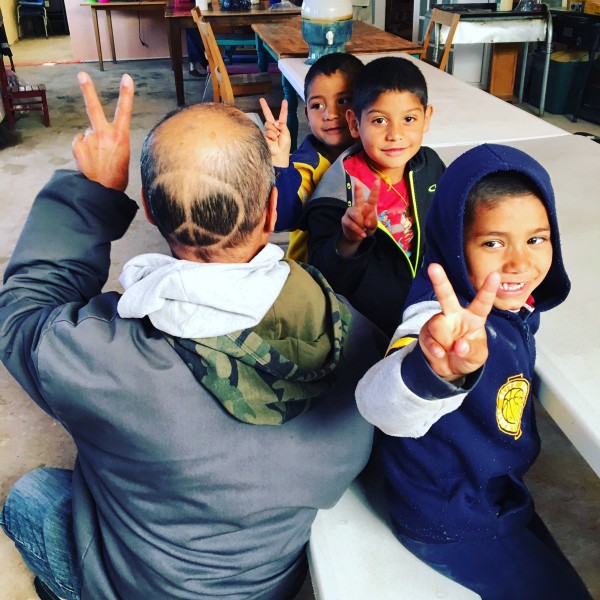
We were then joined by Ruben Robles, a U.S. army veteran honorably discharged and deported 20 years ago—and “severely punished,” as he says. Ruben is one of a growing group of deported veterans, working to raise awareness of the fact that military service to the United States does not guarantee a path to citizenship.
Ruben runs his own Help Bring Ruben Home campaign and supports himself in part by crafting accessories “always from camouflage.” He is also helping with Hugo’s shelter renovations in Playas Tijuana, planning to have a role in its operation.
Watch “***Deported Veteran is Still Waiting for Benefits***” by Fusion.
After Playas Tijuana, we visited three more shelters in the city for those coming to and from the United States. As the sun set on one church on top of a hill housing about 30 Haitians, a man named Carlos asked us, “Why do you want to help us?”
We gave a long answer, about resisting U.S. foreign policy, jails and prisons, colonialism and racism. Carlos said in response, “We need a washing machine, and sheets.”
He told me he had an interview with U.S. immigration the following week, but as of yet he had decided not to go. I asked him if he has a message for people in the United States. “I wish them strength, and love.”
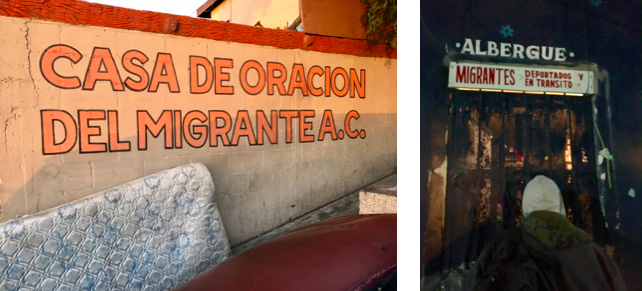
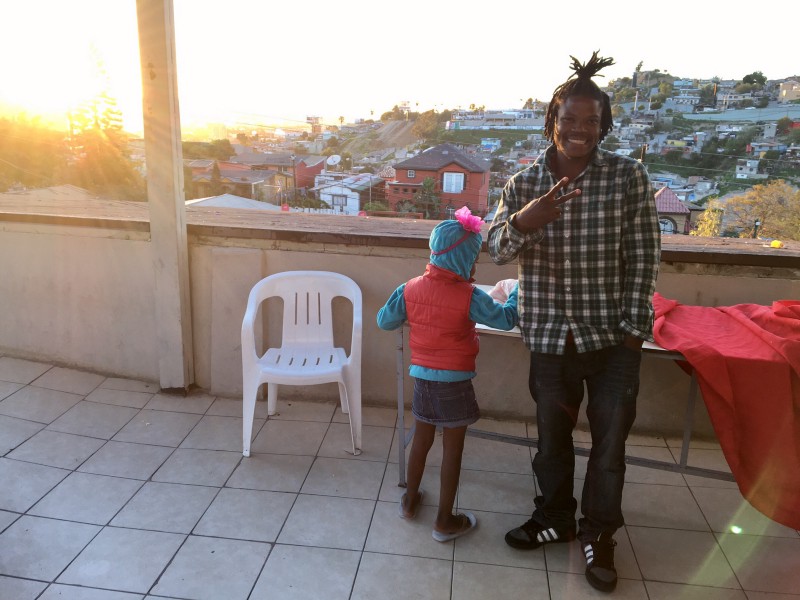
Consider making a donation to Border Angels, Madres y Familias Deportades, and Al Otro Lado.
Authored by Tina Shull, Editor-in-Chief of IMM Print.

